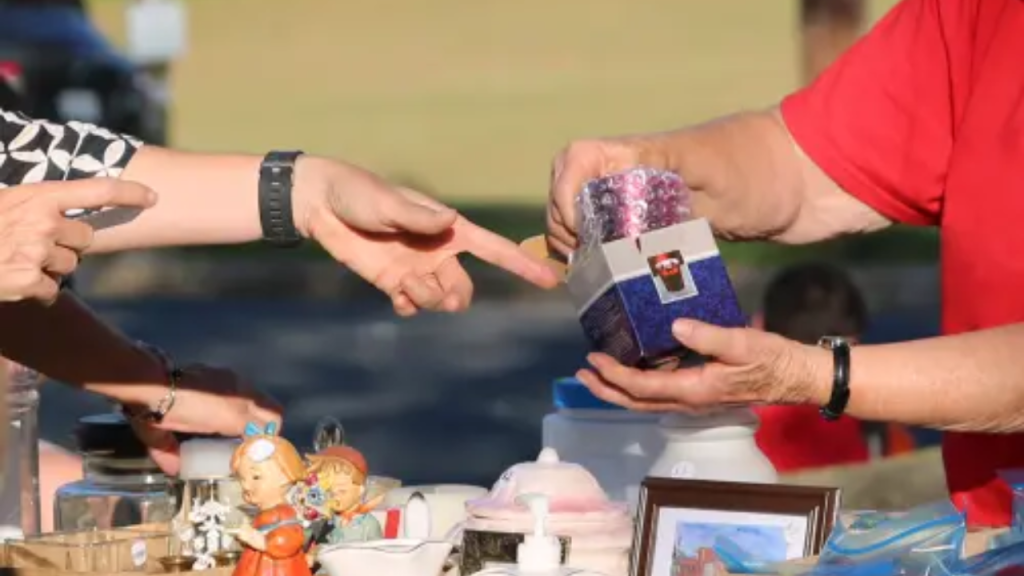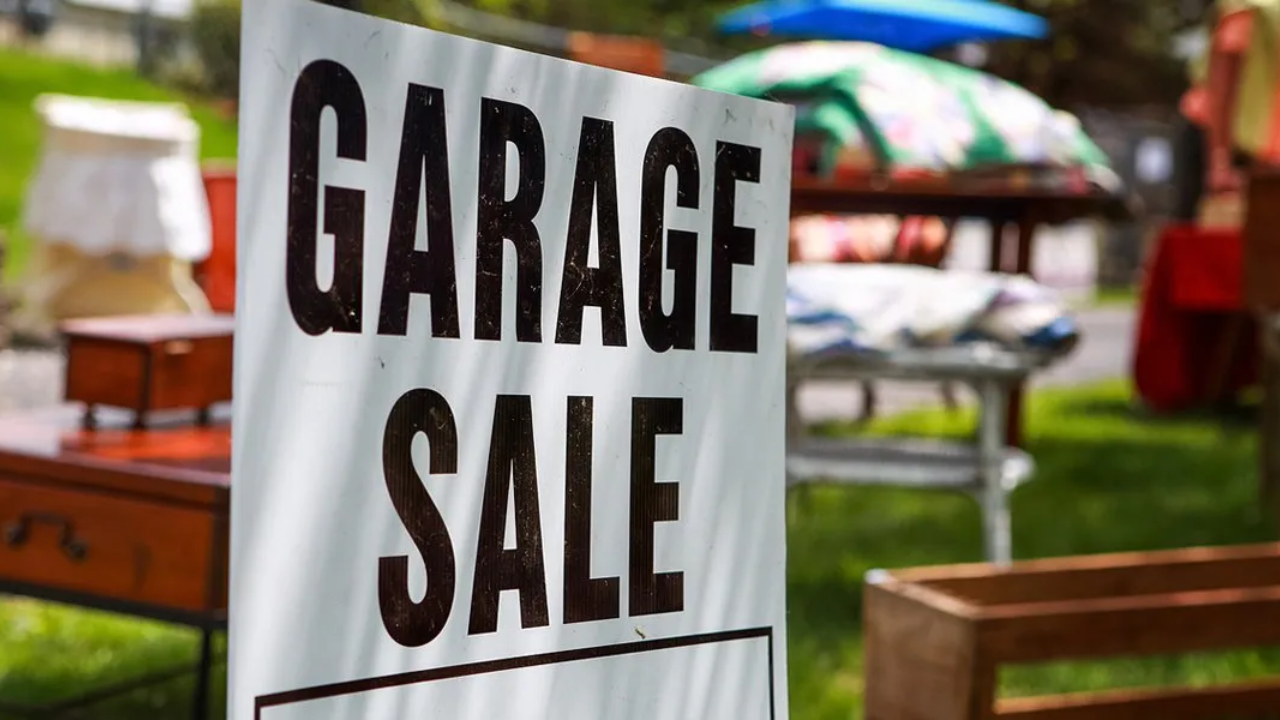Garage sales remain a popular weekend tradition across neighborhoods in the United States. Whether you’re a bargain hunter, a collector searching for vintage finds, or simply looking to declutter your home by buying secondhand, garage sales offer an affordable, community-centered shopping experience.
However, amid the excitement of scoring great deals, shoppers must prioritize safety. According to the Federal Trade Commission (FTC), garage sales and flea markets are common venues where theft, fraud, and scams can occur, making it essential for buyers to be alert and cautious.
Here’s a comprehensive guide on how to stay safe when shopping at garage sales — protecting both your personal safety and your purchases.
Plan Ahead: Know Where You’re Going
One of the best ways to shop safely is by planning your garage sale visits ahead of time. Many communities publish listings of local sales through websites such as Craigslist, Nextdoor, or community bulletin boards. Stick to reputable sources, and if possible, choose sales within neighborhoods you know or that have good visibility.
Sharing your planned route and estimated return time with a friend or family member adds an extra layer of security.
Shop During Daylight Hours
Garage sales typically start early in the morning and run through the afternoon. Shopping during daylight hours improves your visibility of items and surroundings and reduces risk. It’s generally safer to avoid garage sales held late in the evening or in poorly lit areas.
The National Safety Council emphasizes that visibility plays a key role in personal safety when shopping outdoors.

Bring Only What You Need in Cash
Most garage sales accept cash payments only, often without the option for credit or digital payments. Carry small denominations to simplify transactions and avoid carrying large amounts of cash, which can make you a target for theft.
Experts from the FTC advise keeping wallets and valuables secure and out of plain sight. Using a money belt or front pocket can help reduce the risk of pickpocketing.
Go with a Friend or Family Member
Shopping in pairs or groups not only makes garage sales more fun but also safer. A companion can watch your belongings, help inspect items, and provide assistance in case of emergencies.
If you’re going solo, ensure your phone is fully charged, and consider sharing your live location with a trusted contact.
Inspect Items Thoroughly
Buying secondhand means you should carefully inspect each item before purchase. Look for damage, wear, or missing parts, especially in electronics, toys, or furniture.
If possible, test electronics to verify functionality. The U.S. Consumer Product Safety Commission (CPSC) provides guidance on identifying potentially hazardous used products, which can be particularly useful when buying children’s items or appliances.
Practice Hygiene and COVID-19 Safety
While many pandemic restrictions have eased, it’s still a good idea to practice basic hygiene. Bring hand sanitizer and avoid touching your face after handling items. Wearing a mask may be advisable in crowded or indoor sale settings.
For updates on public health guidance, check the Centers for Disease Control and Prevention (CDC) website regularly.
Protect Your Personal Information
Do not provide personal details such as your home address, phone number, or financial information to strangers at sales. Scammers sometimes use garage sales to gather such information for fraudulent purposes.
Park and Walk Safely
Park in well-lit, visible areas near the sale, and avoid leaving valuables visible inside your car. Always lock your vehicle when walking around.
Be mindful of local traffic and avoid blocking driveways or streets. Residential neighborhoods can have children playing or pets roaming, so stay alert to your surroundings.
Trust Your Instincts
If something feels suspicious or unsafe, don’t hesitate to leave. It’s better to err on the side of caution than risk a potentially dangerous situation.


